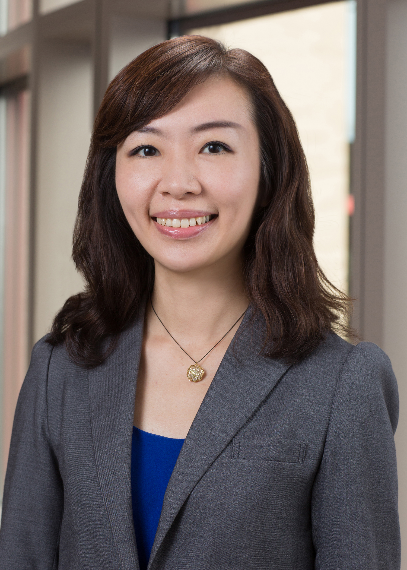Date: May 24, 2022
Rachel Breslau (RB): How did you get involved in health economics and outcomes research?
Paige Lin (PL): I actually wanted to be a journalist. And to be a good journalist, I felt that I had to have some kind of content knowledge. I’m not truly enthusiastic about finance, politics, or sports. But health is something I care a lot about and can relate to in everyday life. I majored in public health as an undergrad, during which I did a summer internship at a newspaper. I got to attend many press conferences on topics like Taiwan's national health insurance reform, drug pricing and reimbursement, educational campaigns about cancer, and new transplant technologies. That internship was a lot of fun, but I guess I got “distracted” by the research part of journalism and ended up pursuing that instead.
RB: What are you working on right now?
PL: Our team has been following recent developments in FDA approval and CMS coverage of new Alzheimer’s drugs. As an example, we’re tracking how public and private payers cover Aduhelm. We’re interested in understanding what type of coverage restrictions payers enforce and what leads to their decisions.
A new project we are planning aims to measure Alzheimer’s disease patient and caregiver quality of life, to better understand how the disease affects their well-being. Our overarching goal is to provide useful data to inform economic evaluations of Alzheimer’s disease therapies.
RB: What should people who aren’t working on Alzheimer’s research know about the disease?
PL: I think we need to be more conscientious about cultural diversity and individual preferences in general, especially when it comes to studying conditions like Alzheimer’s disease. In some cultures, Alzheimer's disease is still stigmatized and some people may not feel comfortable talking about it. But that can lead to a missed opportunity to address the health problem early on. There’re also systematic barriers to dementia care. All of that have impacts on how a person’s Alzheimer’s disease is diagnosed and managed.
RB: Do you have a memory from your time at CEVR that stands out to you?
PL: It has to be the April meeting because it's both so challenging and so rewarding. At CEVR we work on different projects in small teams, but the April meeting is an event everyone participates in. The preparation is intense which bring us all together and I like that kind of team dynamic. We try to prepare for everything, even things like what to do if a fire alarm goes off while we’re presenting.
RB: Where did you grow up?
PL: I was born and raised in Taipei, Taiwan. My sister encouraged me to step out of my comfort zone and see the world. That's why I decided to come to the US for my master’s and I’m grateful to my sister for that.
RB: When you were a kid, what did you want to be when you grew up?
PL: Healthcare journalist. I enjoy reading health news. And I always admire how healthcare reporters break down complicated subjects and make them easy to understand. I hope my own articles can be like that.
RB: If you could give your younger self advice, what would it be?
PL: Take more risks, be more adventurous, work on interdisciplinary projects, and maybe get out of the office more. There’re many incredible people out there who are willing to share their knowledge but you’ve gotta be more proactive and reach out.
RB: What do you do when you're not doing health economics and outcomes research?
PL: Froca. It’s an African and Caribbean fitness dance class. The music, the dances, the people, and the vibes are all just great.

